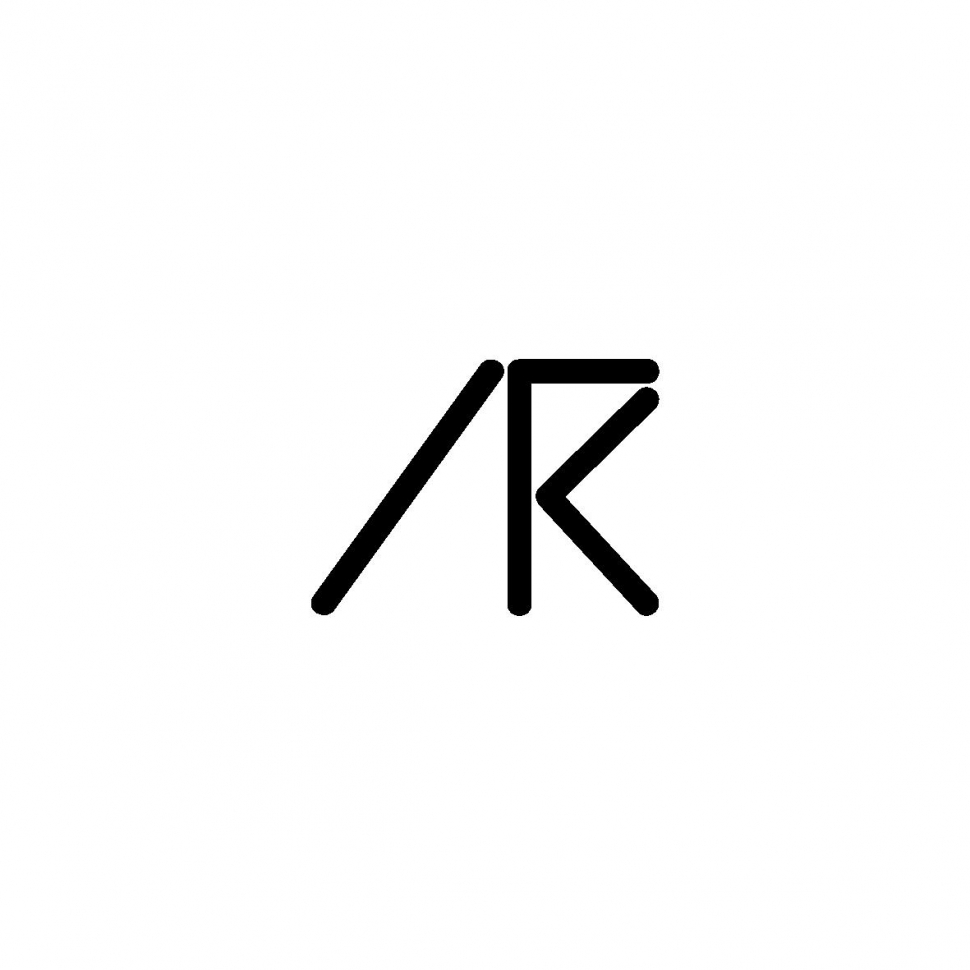Interested in a Partnership (Alternative residencies)
7 years ago
The Museum of Corruption is an interdisciplinary virtual platform displaying a collection of corruption mechanisms, from legal to ethical. It encourages critical thinking about corruption through artistic expression in the context of contemporary museology.
By thematising corruption, the project aims not only to challenge the concept of museum as a place where art is collected and exhibited, but also to turn it into a cultural laboratory and catalyst for the expression of social controversies and disagreement.
Paraphrasing Kazimir Malevich and the Soviet Avant-garde’s position that museums are the cemeteries of art, by manipulating the very concept of corruption the project aims to move corruption from real life into a museum setting.
As much as musealization deprives artwork of its charge, so does musealized corruption become a subject of study, deprived of its ability to corrupt.
Seen as a tool for social change, the project aims to present corruption as a moral inability of an individual to put the wellbeing of the community above his/her own personal interest. Contextualizing their personal experience with corruptness through individual art practices, contemporary artists call for a change in the dominant paradigm of thinking about corruption.
The project partners from the Balkans, Eastern Europe and Scandinavia will examine at least 10 notorious cases in each and every of these capitals aiming to find their common ground. The findings will be represented in a form of transmedia story-telling, from documentary film, theatre play to visual arts. An internet campaign to decide which of the exhibits will become Monument of Corruption is aimed to social learning of the widest audience. Advertised guided tours through the most affected communities will include international audiences while local artists will focus on interacting with young audiences.
The IT students will work on designing programs for identifying corrupt practices and an algorithm for easy recognition of malpractice.
By thematising corruption, the project aims not only to challenge the concept of museum as a place where art is collected and exhibited, but also to turn it into a cultural laboratory and catalyst for the expression of social controversies and disagreement.
Paraphrasing Kazimir Malevich and the Soviet Avant-garde’s position that museums are the cemeteries of art, by manipulating the very concept of corruption the project aims to move corruption from real life into a museum setting.
As much as musealization deprives artwork of its charge, so does musealized corruption become a subject of study, deprived of its ability to corrupt.
Seen as a tool for social change, the project aims to present corruption as a moral inability of an individual to put the wellbeing of the community above his/her own personal interest. Contextualizing their personal experience with corruptness through individual art practices, contemporary artists call for a change in the dominant paradigm of thinking about corruption.
The project partners from the Balkans, Eastern Europe and Scandinavia will examine at least 10 notorious cases in each and every of these capitals aiming to find their common ground. The findings will be represented in a form of transmedia story-telling, from documentary film, theatre play to visual arts. An internet campaign to decide which of the exhibits will become Monument of Corruption is aimed to social learning of the widest audience. Advertised guided tours through the most affected communities will include international audiences while local artists will focus on interacting with young audiences.
The IT students will work on designing programs for identifying corrupt practices and an algorithm for easy recognition of malpractice.



Please Log In to See This Section